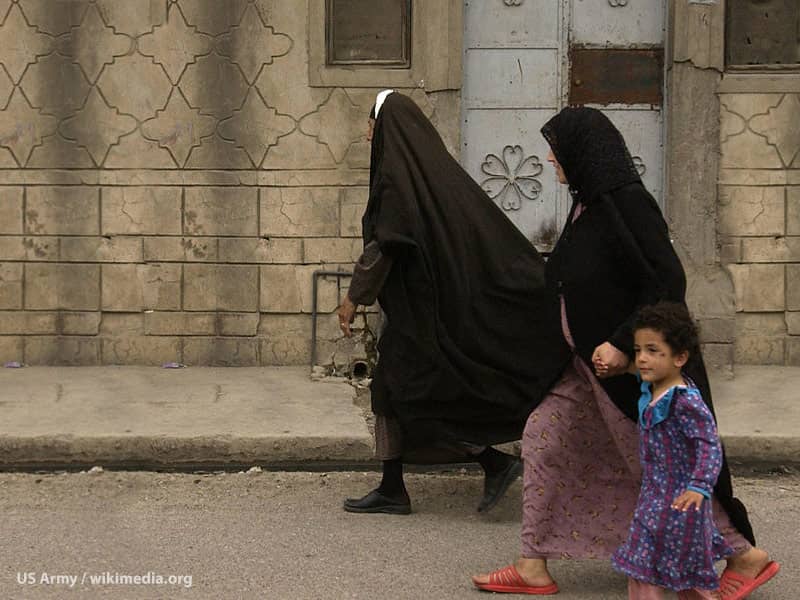He took the name "the Bab," which means "gate" in Persian. Fearful of the spread of the Bab's new teachings, the authorities executed him in 1850. The Bab was only 30 years old at the time of his martyrdom, and his body was concealed by his followers for many years in Iran. Then, with much difficulty and danger, it was brought to the Holy Land and presently rests in the Shrine of the Bab at the World Center of the Baha'i Faith on Mount Carmel.
The Bab said that his mission was to alert people to an even greater religion, which would appear within 20 years. In 1863, a Babi leader named Baha'u'llah, which means the "glory of God," announced that he was the founder of that new religion. Members of the Baha'i faith are followers of Baha'u'llah and his teachings.
Central teachings of the Baha'i faith are the oneness of God, the oneness of religion, and the oneness of humanity. Baha'is believe that world peace and world unity are not only possible but inevitable, and work toward these goals.
The Baha'i religion, with over 5 million believers worldwide, has a membership of approximately 142,000 in the United States. Baha'i writings and literature have been translated into more than 800 languages. Followers of Baha'u'llah come from diverse backgrounds and include representatives of over 2,100 ethnic groups.

